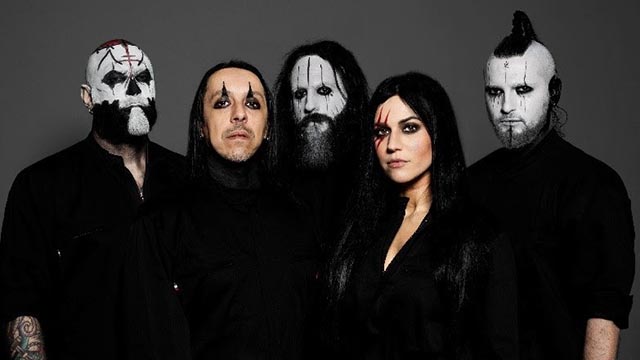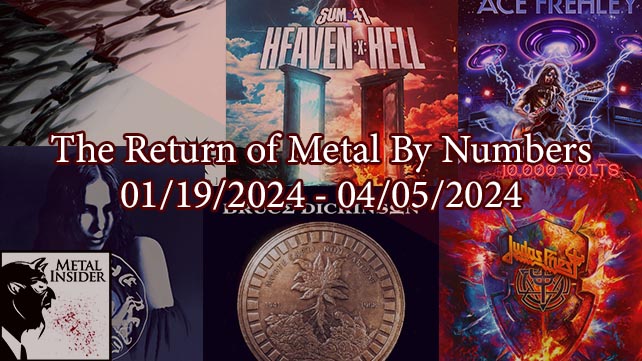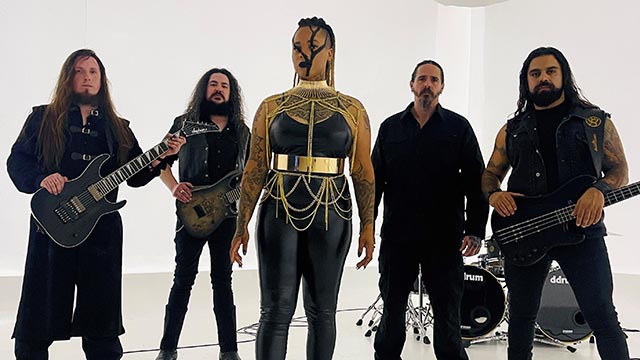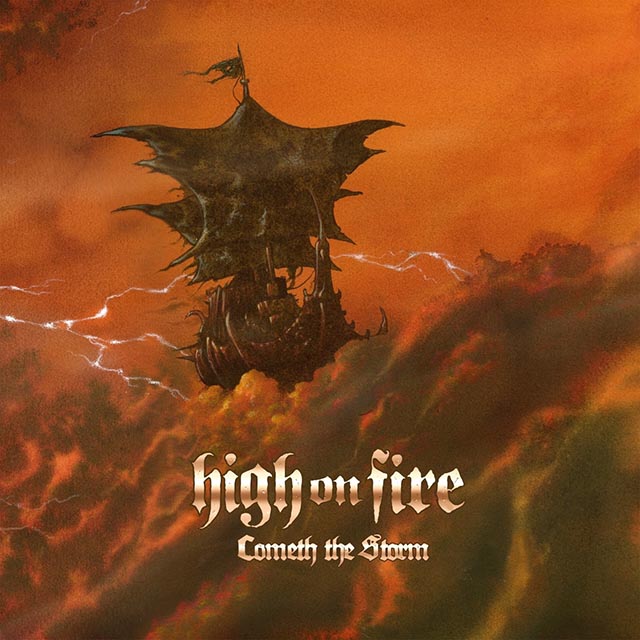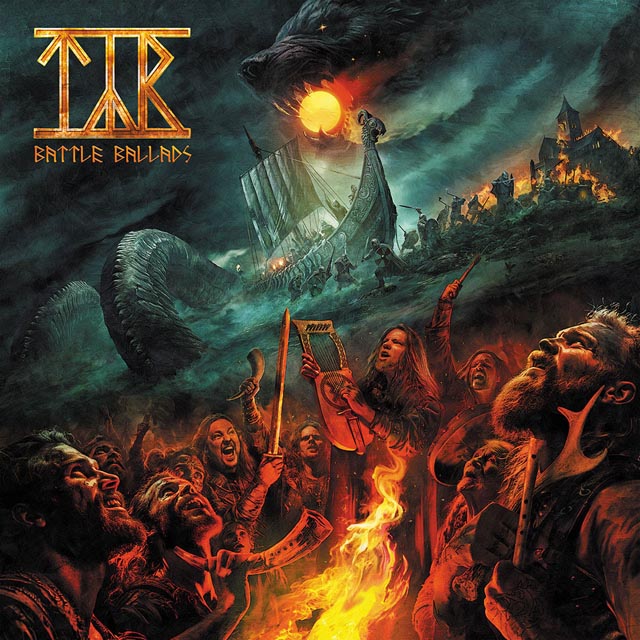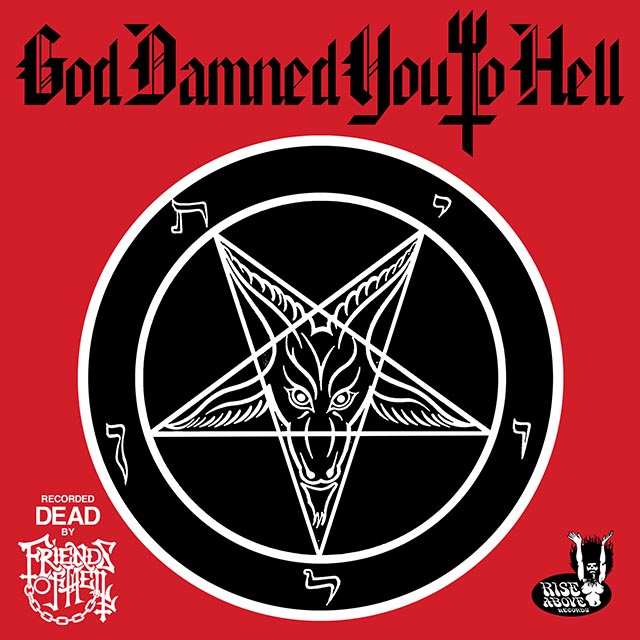 It’s no surprise that Spotify has been one of the most popular streaming services. Now they’re trying to be the most transparent. Yesterday, they launched Spotify Artists, a website that attempts to explain to artists how the service contributes to the music industry, how it pays out in comparison to services like YouTube and Pandora. It’s a pretty interesting read, especially if you want to get into the nuts and bolts of the company’s financials. The company pays out 70% of the revenue they make to rights holders (labels, publishers, independent artists themselves). Looking at the above chart shows that Spotify pays more than YouTube and Pandora, and currently pays between $0.006 and $0.0084 per stream.
It’s no surprise that Spotify has been one of the most popular streaming services. Now they’re trying to be the most transparent. Yesterday, they launched Spotify Artists, a website that attempts to explain to artists how the service contributes to the music industry, how it pays out in comparison to services like YouTube and Pandora. It’s a pretty interesting read, especially if you want to get into the nuts and bolts of the company’s financials. The company pays out 70% of the revenue they make to rights holders (labels, publishers, independent artists themselves). Looking at the above chart shows that Spotify pays more than YouTube and Pandora, and currently pays between $0.006 and $0.0084 per stream.
While not naming names, the site spotlights July of 2013 showing royalty payments for a “niche indie album,” a “classic rock album,” a “breakthrough indie album,” a “Spotify top ten album” and a “global hit album.” The “niche indie album,” which would probably best describe a typical metal band’s level of being streamed, made $3,300, which isn’t terrible for a month of streaming. the “classic rock album” made $17,000, and the “global hit album” made $425,000. Keep in mind that these payments are only to the rights holders, who will take their fair share before it trickles down to the artists. A lot of what they plan on paying out in the future depends on how many people they get to subscribe to Spotify Premium. They currently have 24 million users around the world. They speculate that that if they can grow to 140 million users and 40 million paying subscribers, they’d be able to increase their payouts by 5x.
Spotify has also partnered with Next Big Sound to show its analytics to bands and managers, which will help with transparency. In addition, due to their deals with Songkick and Topspin, artists will be able to see artists’ upcoming gigs and buy tickets to them, and eventually will be able to buy merch from artist profiles. So in short, while Spotify still has a way to go, and artists aren’t yet being paid what they used to be off of album sales, this is a positive development. It will be interesting to see if and how Spotify’s growth is impacted by newer services they don’t mention on the artists’ page, like iTunes Radio and Beats. In Sweden and Denmark, where Spotify launched first, there’s been a reduction in music piracy. Will that happen here as well? Time will tell.

